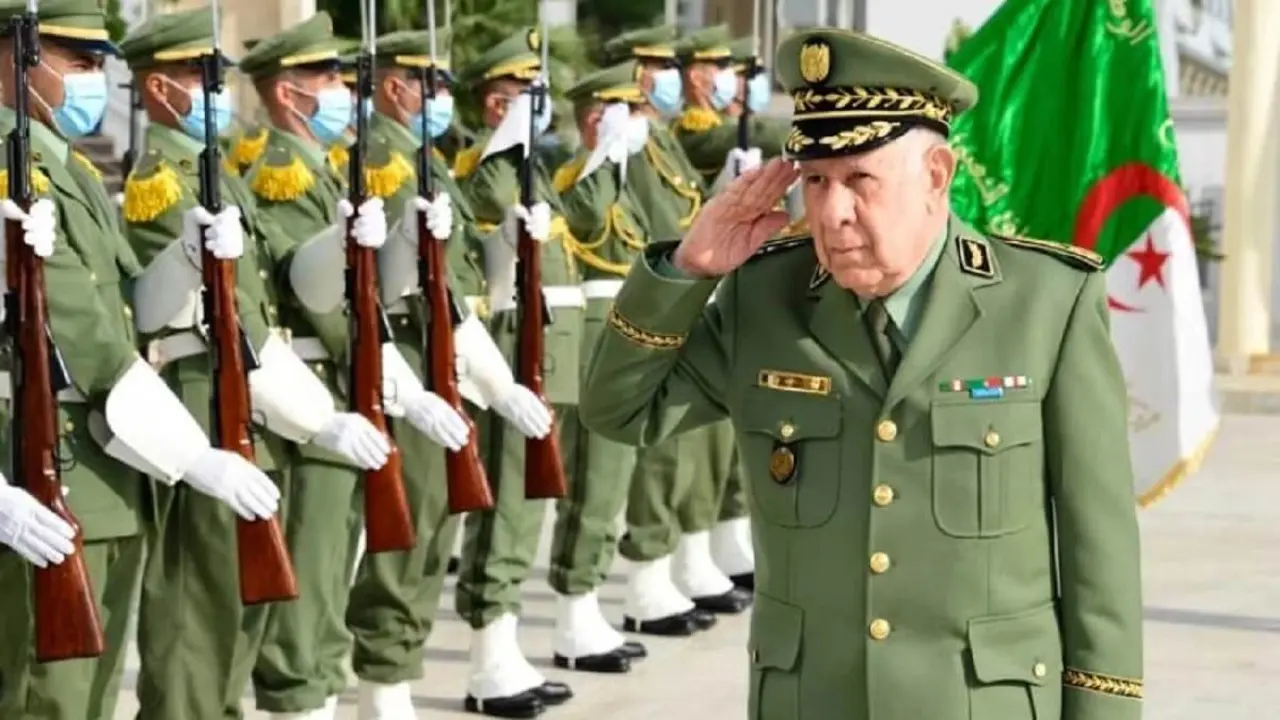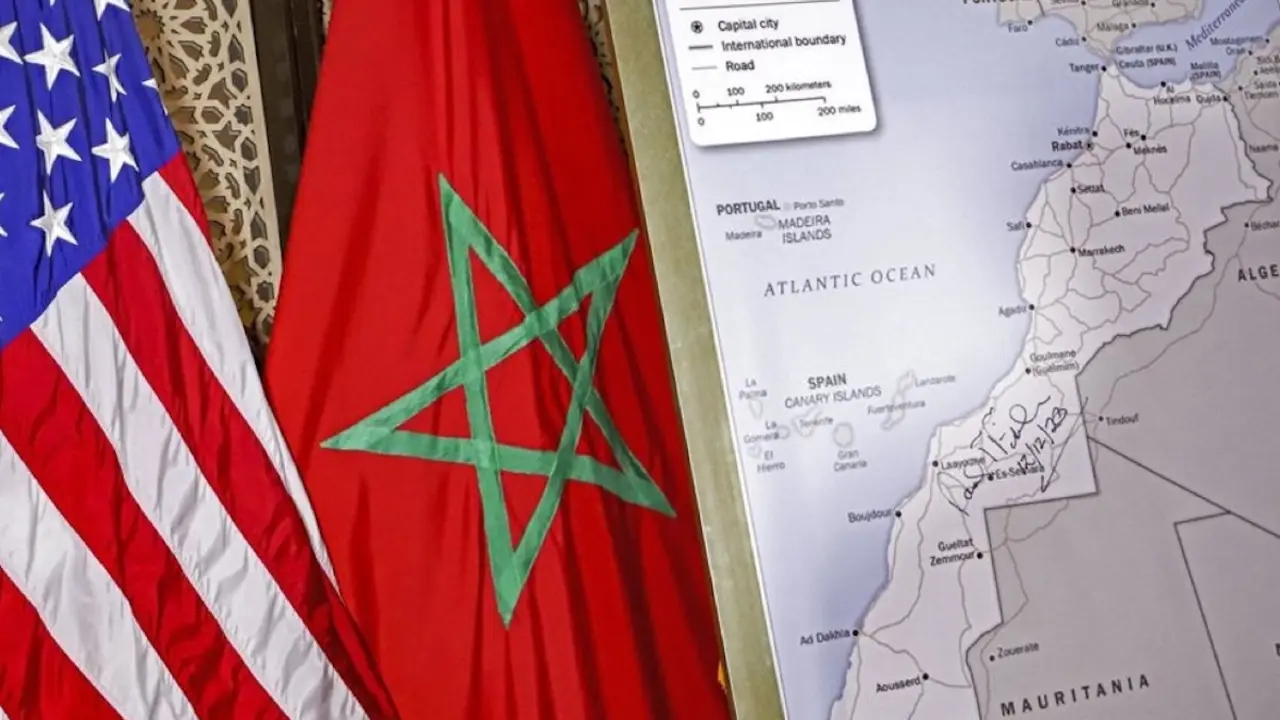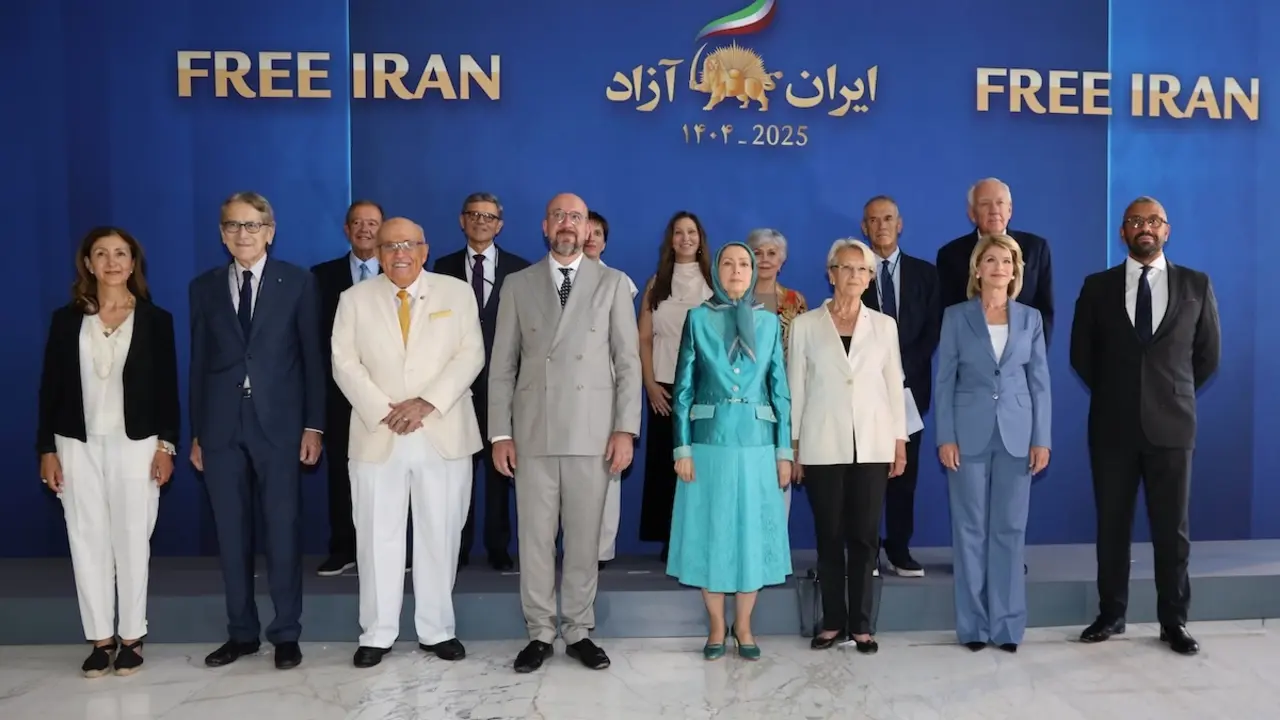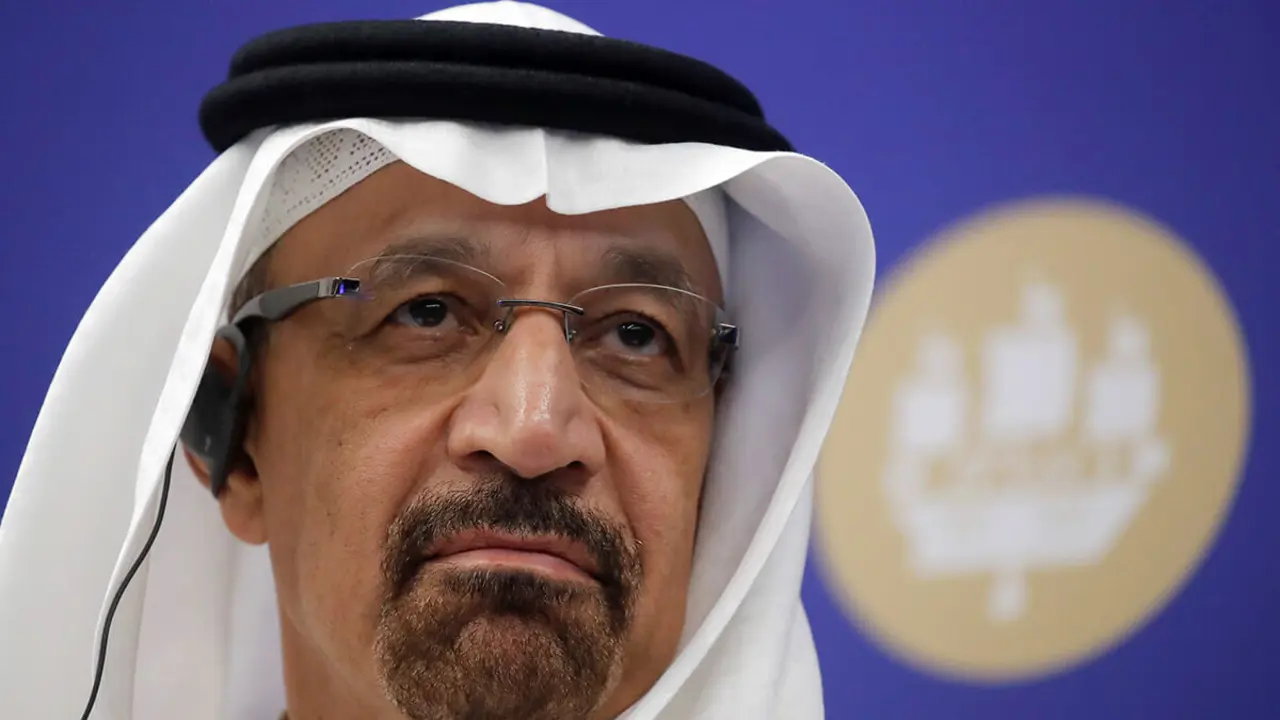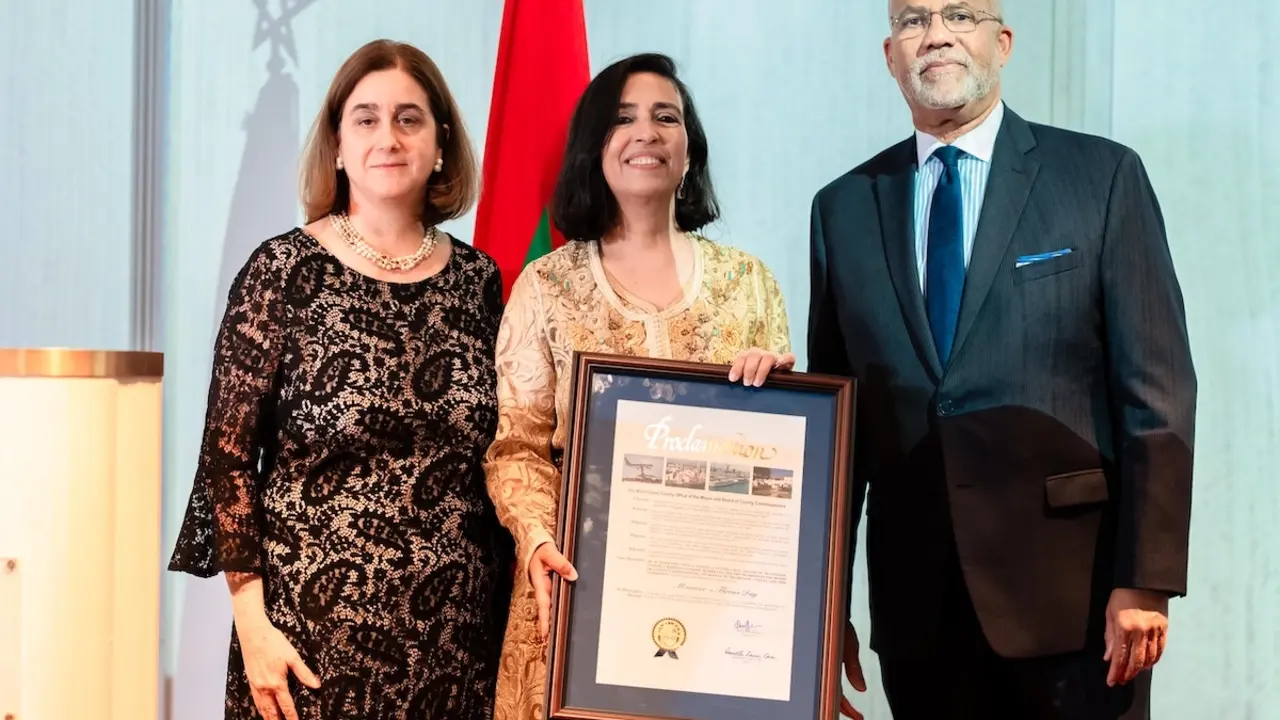Germany tries to bring Greece and Turkey closer together
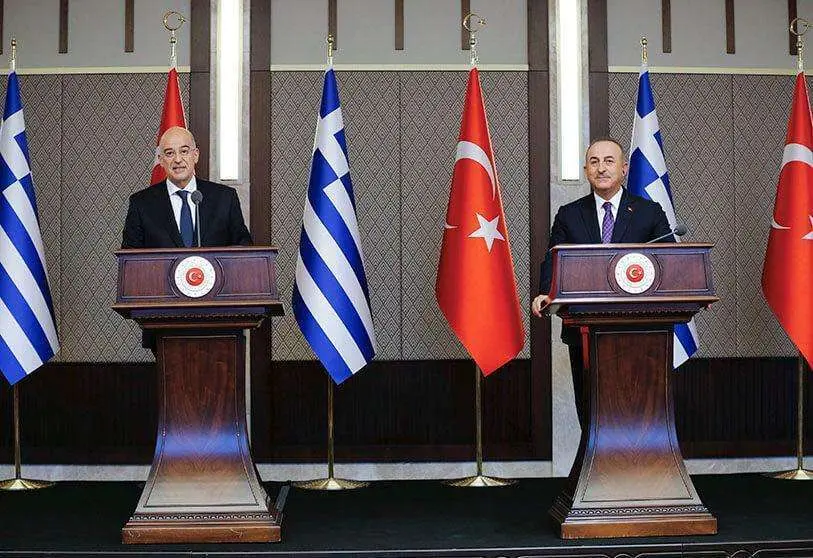
In the midst of the tense situation between Athens and Ankara, Berlin has stepped in to try to defuse relations between the two countries. The dispute over the limitation of each other's exclusive economic zone and the exploration of natural gas fields has escalated to a point where Greek militarisation of the Aegean islands has provoked threats from Turkish President Recep Tayyip Erdogan. Turkey accuses the Greeks of 'not wanting peace', and Germany has stepped in by organising a high-level meeting to mediate between the Ottomans and Greeks.

Ibrahim Kalin, spokesman for the Turkish presidency, Jens Ploetner, foreign and security policy advisor to the German chancellery, and Anna-Maria Boura, head of the Greek Prime Minister's diplomatic office, held a meeting in Brussels to bring the two sides closer together and facilitate communication. However, no information has been released about the issues discussed at the meeting, although it seems that Erdogan's recent threats about the possible use of the Tayfun ballistic missile have raised concerns among the Greeks.
There are several reasons for Turkey's anger. Agreements between the two countries stipulated that the islands should remain demilitarised, and Turkish Foreign Minister Melvut Çavusoglu believes that "Greece does not want peace because it violates the peace agreements". Moreover, he demanded that Athens "take a step back" or else Ankara would question Greek sovereignty over this territory. "The islands militarised by Greece were given with the Lausanne and Paris agreements, and they were given to Greece on one condition: Greece cannot militarise these islands".
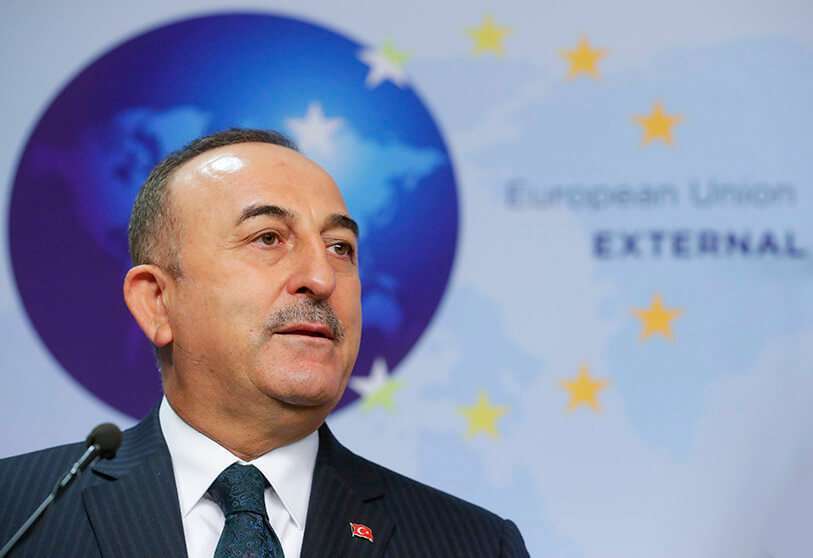
These statements by Cavusoglu follow Erdogan's words in September, when he repeatedly said that "we can come, suddenly, one night", referring to the possibility of carrying out a military operation. The 1923 Treaty of Lausanne, which Turkey invokes to denounce Greek militarisation, states that the islands of Lesvos, Samos, Chios and Ikaria cannot have any fortifications or naval bases. In addition, the Dodecanese islands in the southern Aegean Sea are to be "demilitarised" under the Paris Treaty.
And as if that were not enough, the latest news from Ankara only pushes the two sides further apart, with Turkey's defence ministry announcing on Tuesday that Turkish air forces had been harassed by Greek F-16 fighter jets. The Turkish planes were part of NATO's "NATO Nexus Ace Ege" missions and, according to the ministry, responded immediately to the fighters, which took off from five airports on Greek territory.
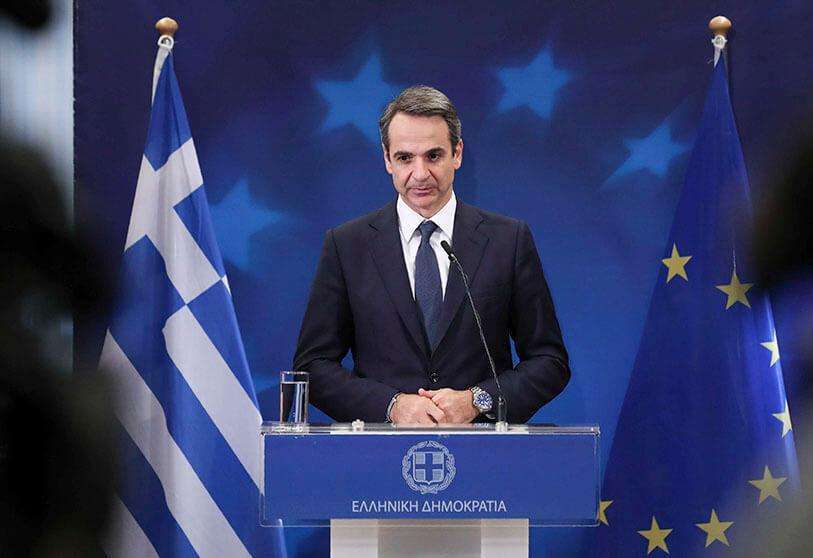
Moreover, all NATO allies were informed of the operation, including Greece, making Turkish unease all the greater as the Greeks apparently knew about the Ottoman manoeuvres. For its part, Athens has not commented on this aspect, but it has commented on Turkish accusations of a military presence on the islands. "Statements made by Turkish officials on the demilitarisation of the Aegean islands have been repeatedly rejected in their entirety on the basis of a number of arguments, which are also contained in the relevant letters Greece has sent to the UN secretary general," said the statement issued in early December by the Greek Foreign Ministry.
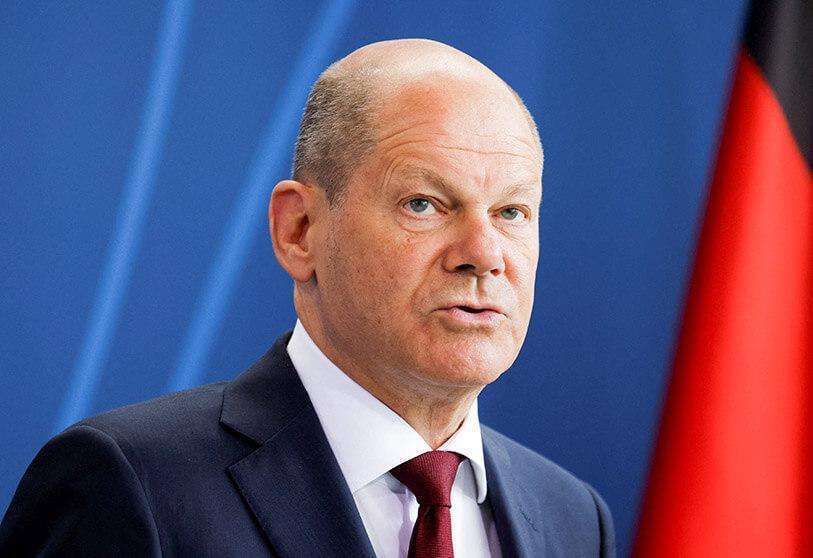
The German intention is thus to establish a beginning in the rapprochement of two countries that, far from seeing a solution to their estrangement in sight, continue to drift apart with every action. Not even German Chancellor Olaf Scholz's statements urging Turkey to end its threats have managed to stop Erdogan's side from doing so. Observers believe that it is difficult to see an improvement in this context due to next year's elections in both countries.
Moreover, James Tessmann, head of Stiftung Mercator's Istanbul office, believes that 'Germany has lost credibility as a mediator after the last visit of German Foreign Minister Annalena Baerbock to Turkey and Greece'. Cavusoglu even accused her of partisanship'. This is despite the fact that Turkey is one of the countries outside the EU with which Germany has the best relations, hence Berlin's efforts to bring Turkish-Greek relations back on track, although for the time being a resolution does not seem easy, let alone close.



